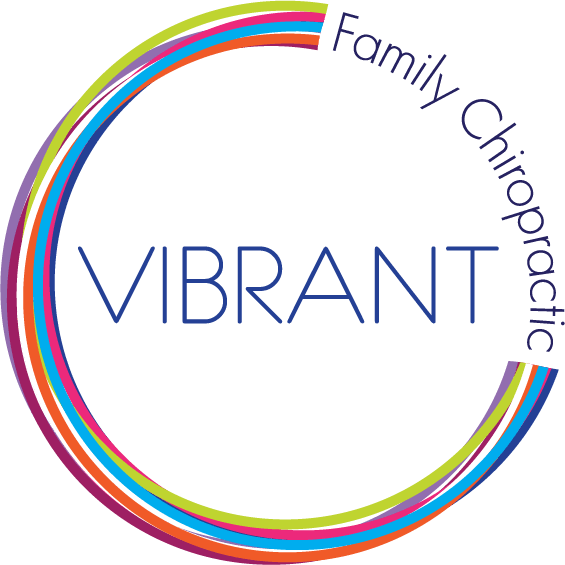How Infant Antibiotic Use Can Impact Long-Term Health
As parents, we all want the best for our little ones, especially when it comes to their health. Antibiotics are often seen as a lifesaver when babies face infections, but did you know that early antibiotic use can have lasting effects on their well-being? Research has shown that antibiotics given to infants under the age of 2 can lead to increased risks of asthma, allergies, obesity, and more.
In this post, we’ll explore the hidden risks of early antibiotic use and provide practical ways to protect your child’s health naturally. Plus, we’ve included a short video to explain the key points in a quick, easy-to-follow format.
The Hidden Risks of Early Antibiotic Use
According to a study published in the Mayo Clinic Proceedings, 70% of infants receive antibiotics before they turn 2 years old. While antibiotics are necessary in certain situations, their overuse in infancy has been linked to several health concerns that may persist into childhood and beyond. These include:
Asthma & Respiratory Issues
Children who were prescribed antibiotics in their first two years of life are at a higher risk of developing asthma as they grow. Since their respiratory systems are still developing, this can lead to lifelong challenges managing asthma symptoms.Allergies & Skin Conditions
Infants exposed to antibiotics early on are more prone to allergic conditions, such as allergic rhinitis (hay fever) and atopic dermatitis (eczema). These conditions can cause discomfort, frequent doctor visits, and long-term management.Gut Health & Obesity
Antibiotics can disrupt the gut microbiome, the community of healthy bacteria in the digestive tract. This imbalance has been linked to an increased risk of obesity as children grow older. Gut health plays a crucial role in metabolism, so keeping it balanced is essential for healthy weight management.Behavioral and Attention Issues
There’s also evidence suggesting that infants given antibiotics may have a higher risk of developing attention-deficit/hyperactivity disorder (ADHD). This could be due to how antibiotics impact the brain’s development in early years.
How to Reduce Antibiotic Use Safely
The good news? As parents, you can take steps to minimize unnecessary antibiotic use and reduce these risks for your child. Here are a few ways to protect your child's health naturally:
Boost Natural Immunity: Building a strong immune system is one of the best ways to prevent the need for antibiotics. Chiropractic care, proper nutrition, and ensuring your child gets plenty of rest are all key strategies.
Gut Health Support: Since antibiotics can disrupt gut bacteria, focus on introducing probiotics through diet in the forms of kombucha or sauerkraut, giving your child regular bone broth and collagen to support the healthy bacteria in the stomach, or using probiotic supplements to keep your child’s gut healthy.
Consult with Healthcare Providers: Always ask your doctor if antibiotics are necessary, and whether there are alternative ways to treat your child's illness. Sometimes, antibiotics are the best option, but reducing overuse is the goal.
Final Thoughts
While antibiotics can be essential for treating certain infections, it’s important to be mindful of the potential long-term effects of their use in infants. Protecting your child’s health naturally, through prevention and a balanced approach to treatment, can help avoid many of the risks associated with early antibiotic exposure.
If you want to learn more about how chiropractic care can support your child’s immune system and overall health, reach out to our practice today. We’re here to help you navigate these important health decisions for your family’s well-being.
Reference:
Aversa, Z., Atkinson, E. J., Schafer, M. J., Theiler, R. N., Rocca, W. A., Blaser, M. J., & LeBrasseur, N. K. (2021). Association of Infant Antibiotic Exposure With Childhood Health Outcomes. Mayo Clinic Proceedings, 96(1), 66-77. https://doi.org/10.1016/j.mayocp.2020.07.019
